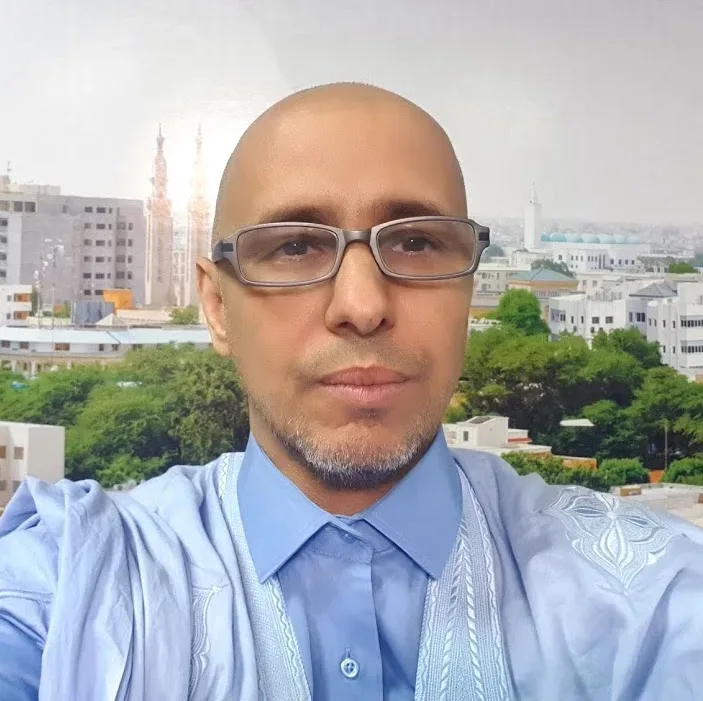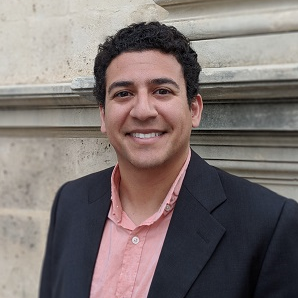Can an Oscar-Nominated Film, a New President and the Courts Close Guantanamo?
President Biden’s announcement to withdraw U.S. troops from Afghanistan brings an end to one part of the two-decade-long Global War on Terror. But the 40 War on Terror detainees still held at the Guantanamo Bay detention facility, many of whom were tortured and face legal impediments to challenging their detainment despite never being charged with any crimes, pose an ongoing legal and political challenge for the Biden administration. The Quincy Institute will host a discussion on how the Biden administration can close Guantanamo and bring an end to indefinite military detentions and the War on Terror’s erosion of the rule of law. Headlining the panel is Mohamedou Ould Slahi, whose book Guantanamo Diary is the basis for the Oscar-nominated film, The Mauritanian, which details his 15-year imprisonment at Guantanamo Bay and his attorneys’ fight for his release. He will be joined by Senior Counsel for the Senate Judiciary Committee Rita Siemion and ACLU National Security Project Director Hina Shamsi. Aziz Rana, a Non-Resident Fellow at the Quincy Institute and professor of constitutional law at Cornell University, will moderate.
Program
Panelists

Mohamedou Ould Slahi
Mohamedou Ould Slahi was born in Rosso, Mauritania, the ninth of twelve children of a camel herder. His family moved to the capital of Nouakchott when he was a child, where he attended school and earned a scholarship to study electrical engineering at Gerhard-Mercator University in Duisburg, Germany. In 2001, he was living and working in his home country of Mauritania when he was detained and renditioned to Jordan, beginning an ordeal that he would chronicle in his internationally-bestselling Guantánamo Diary. The manuscript, which he wrote in his isolation cell in the detention camp at Guantánamo Bay, Cuba, remained classified for almost eight years and was finally released, with substantial redactions, in 2013. It was first published in the United States and United Kingdom in January 2015, and has since been published in twenty-five languages. After fifteen years of detention, Mohamedou was released on October 17, 2016 to Mauritania. The following year he published a “restored edition” of Guantánamo Diary, filling in the U.S. government’s redactions, and in February 2021 his first novel, The Actual True Story of Ahmed and Zarga, published by Ohio University Press.

Hina Shamsi
Hina Shamsi is the director of the ACLU National Security Project, which is dedicated to ensuring that U.S. national security policies and practices are consistent with the Constitution, civil liberties, and human rights. She engages in litigation, research, and policy advocacy on issues including the freedoms of speech and association, privacy and surveillance, discrimination against racial and religious minorities, use of force, torture, and unlawful detention. She is the author and coauthor of publications on surveillance, targeted killing, torture, and extraordinary rendition. She is also a lecturer-in-law at Columbia Law School, where she teaches a course on international human rights.

Rita Siemion
Rita Siemion is Senior Counsel for the Senate Judiciary Committee under Chair Dick Durbin (D-Ill.). Rita is also an Adjunct Professor of Law at the Georgetown University Law Center where she has taught courses on national security, human rights, foreign relations, and covert action. Previously, Rita was the Director of National Security Advocacy at Human Rights First, where she advocated for national security and counterterrorism policies that respect human rights and the rule of law. Before joining Human Rights First, Rita worked on a range of national security issues as Senior Counsel at The Constitution Project, including surveillance and privacy rights in the digital age, and spent several years in private practice litigating civil and human rights matters.

Aziz Rana
Aziz Rana is the Richard and Lois Cole Professor of Law at Cornell Law School. His research and teaching center on American constitutional law and political development, with a particular focus on how shifting notions of race, citizenship, and empire have shaped legal and political identity since the founding. He is the author of the book The Two Faces of American Freedom (Harvard University Press). He has also written essays and op-eds for such venues as n+1, The Boston Review, New Labor Forum, Jacobin, The Guardian, Dissent, The Chronicle of Higher Education, The Nation, Jadaliyya, Salon, and The New York Times.


